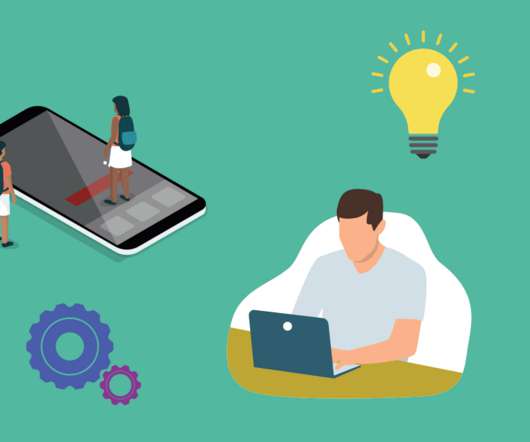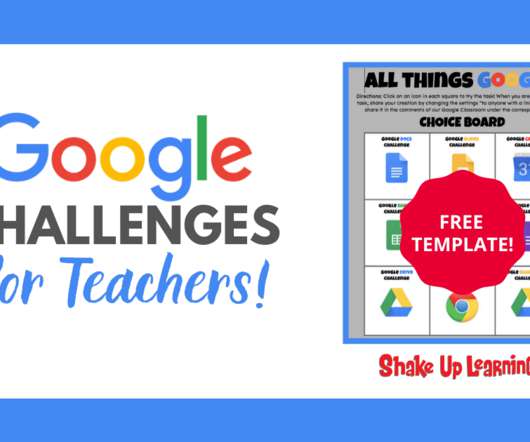Looking Ahead to the 2020-2021 School Year
Digital Promise
AUGUST 10, 2020
Even if physical buildings are forced to remain closed, we must remember that schools themselves are not closed—learning must, and will, continue. Digital learning also strengthens each teacher’s ability to meet the needs of each student, regardless of whether they are in the classroom or at home.



















Let's personalize your content